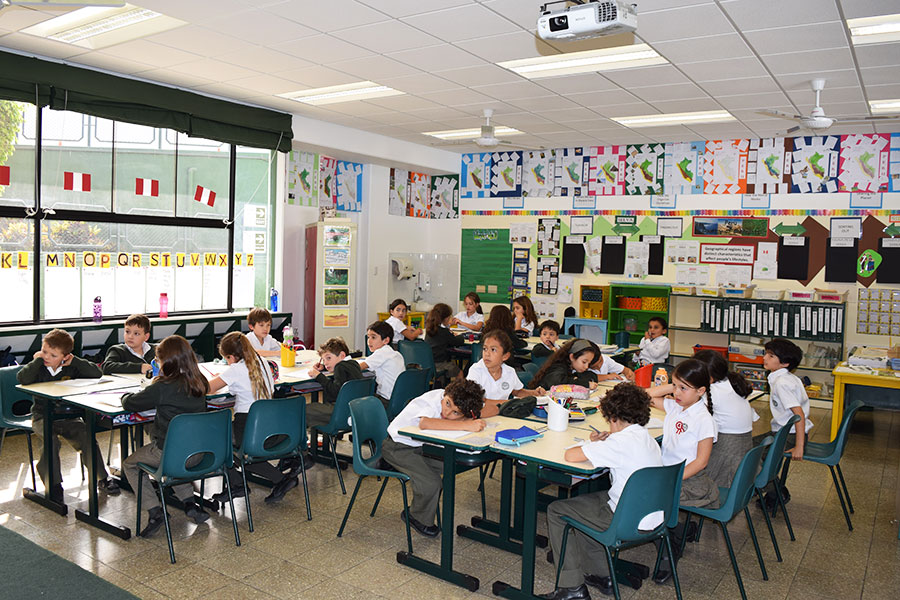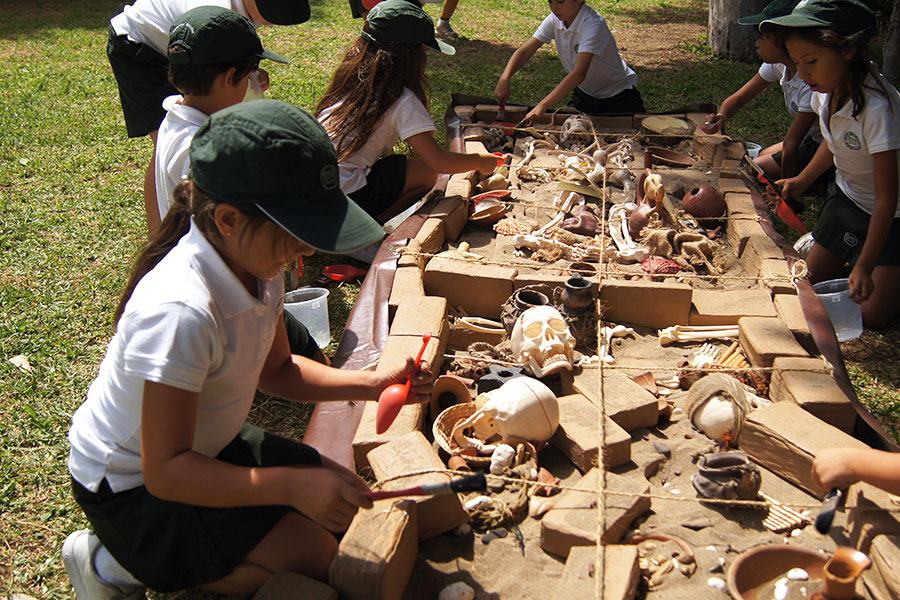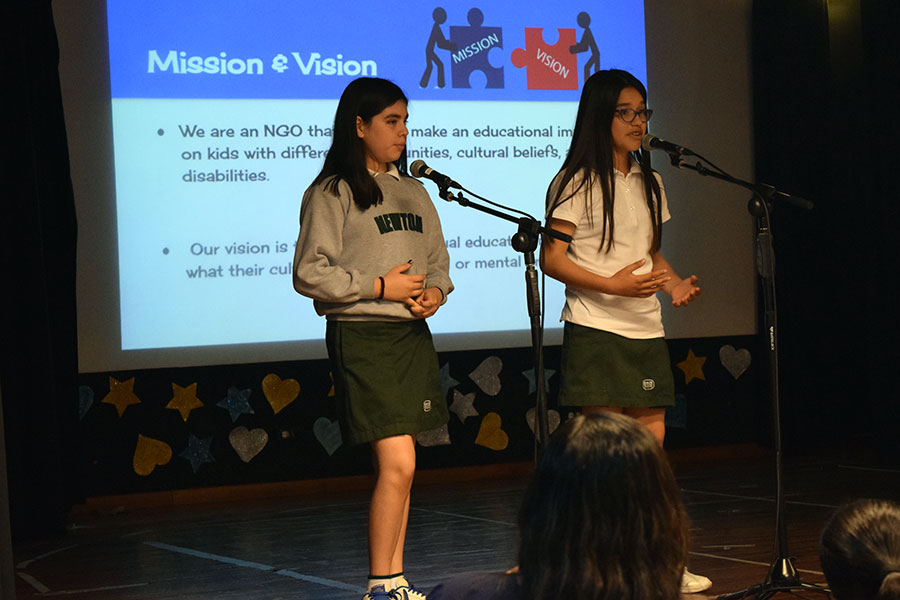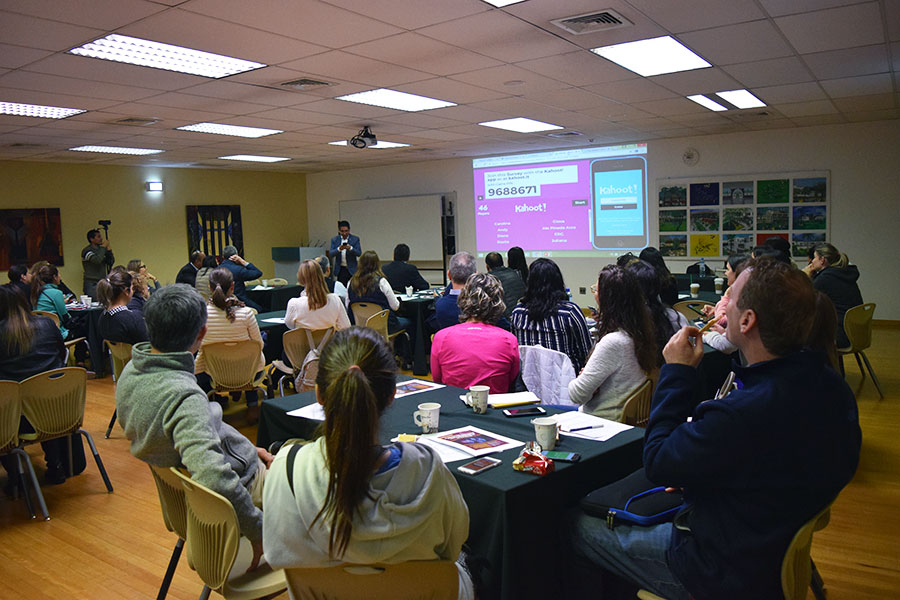The IB Primary Years Programme in Lower School dynamically stimulates the holistic development of our primary aged students at Newton College.
Through experiential learning and an increasing number of self-directed inquiries, students appreciate the relevance of what they are learning by making connections to their lives outside the classroom. Such authentic experiences keep learning valuable and enjoyable.
We prioritise the development of key thinking, research, communication, social and self-management skills, as well as the attributes of the IB Learner Profile, namely inquirers, thinkers, risk-takers, caring and communicators. In our increasingly globalised world, such skills and attributes are essential to become successful lifelong learners.

The focus of our curriculum in Lower School is for students to demonstrate the four school values through the following actions: being kind, showing love for learning, inspiring change and doing their best.
Throughout Lower School, students are engaged in units of inquiry that are the fundamental structure of the IB Primary Years Programme. At each grade level, six units are taught through transdisciplinary themes, which encourage students not only to inquire and reflect, but also to take action in order to inspire change in themselves, in others and the world around them. Our curriculum takes a skills-based approach focusing on the development of the IB Approaches to Learning: research skills, thinking skills, communication skills, social skills and self-management skills.
Our programme supports our students as emergent bilinguals, in which content and concepts are embedded and taught through the language programme. Students in 1st and 2nd Grade receive 50% of their instruction in English and 50% in Spanish. From 3rd Grade, this is increased to 80% instruction in English.
We follow the Collins International Primary Maths curriculum, which offers a strong foundation for basic maths concepts taken from the British National Curriculum. We teach maths using Singapore maths instructional strategies, as well as inquiry-based approaches to support the units of inquiry through mathematics.
In Lower School, we learn about technology, through technology and with technology. We operate a bring your own device policy in which students in grades 1 or 2 are encouraged to work using tablets, and students from grades 3 to 5 work using laptops. Students are encouraged to create, collaborate and communicate using tech tools, and develop their thinking skills as they come to understand their responsibilities as digital citizens.
Students in Lower School have specialist courses in art, drama, music, physical education, computing, values and religions, as well as library sessions weekly. In these courses, students are able to expand and develop new skills, and have the opportunity to look into the units of inquiry through different lenses.


